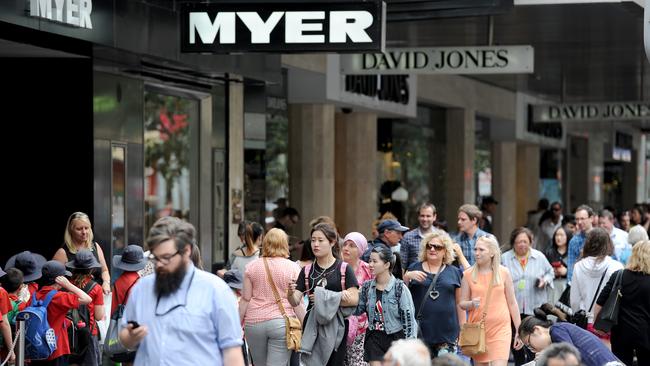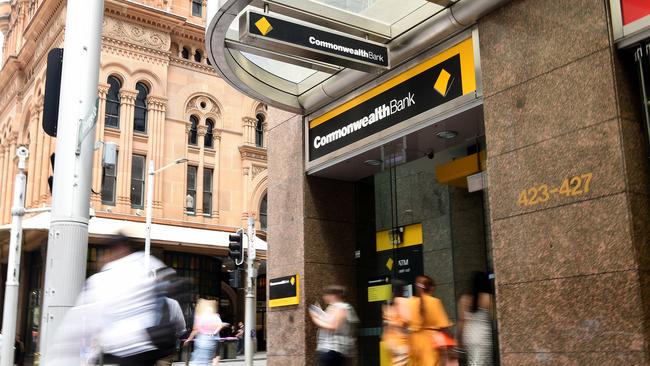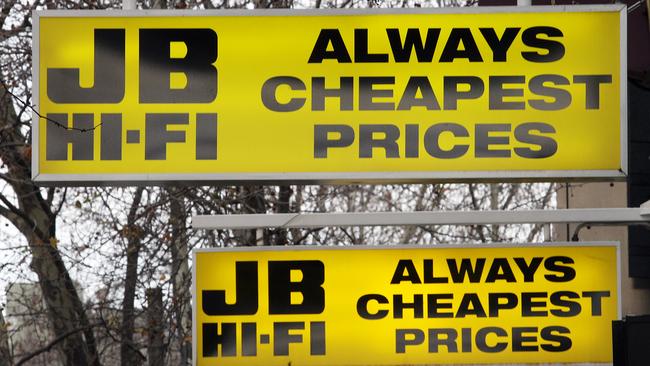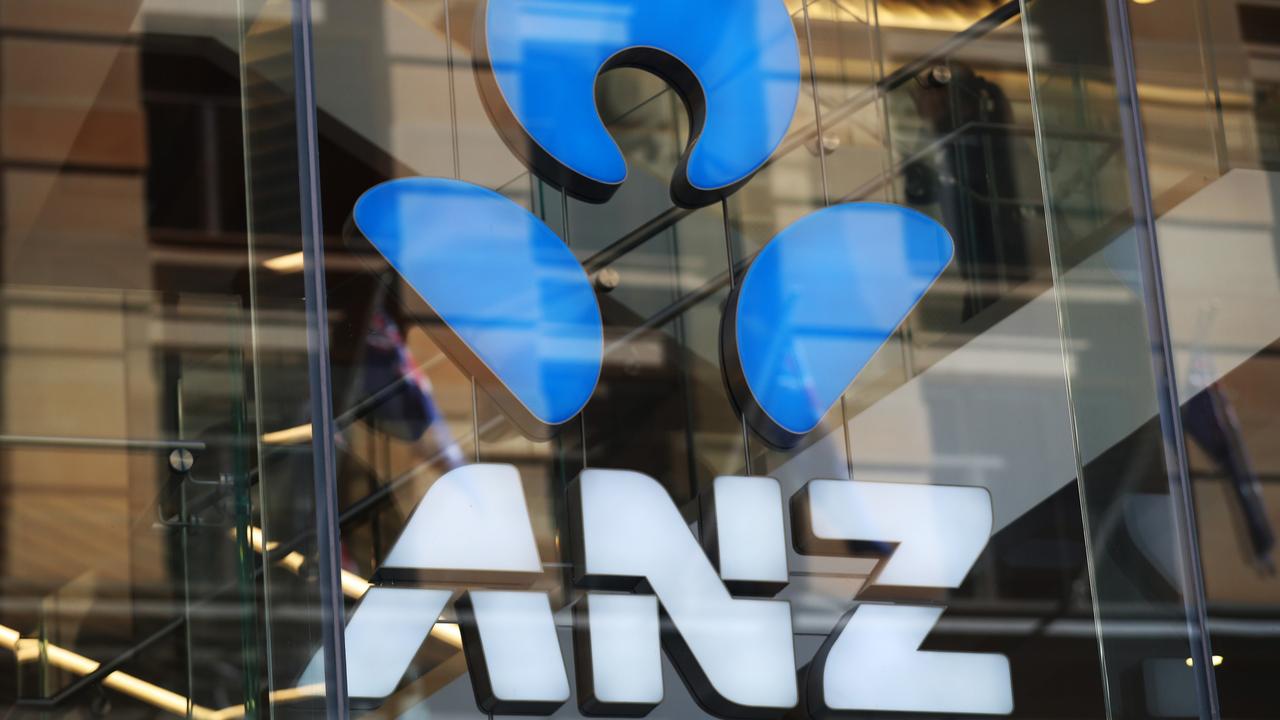Big business leaves smaller competitors in the dust: UBS
A ‘winner takes all’ theme is playing out within the economy, with big listed businesses proving more successful in pushing through challenging conditions.

Big listed businesses have pushed through the challenges of the past year, but smaller companies are still struggling, as tough macro conditions favour the strongest operators over their less entrenched competitors.
That’s the view of UBS strategist Richard Schellbach, who says a ‘‘winner take all’’ theme is playing out within the economy and markets.
“The last 18 months have been characterised by a decelerating economy, sticky inflation and high interest rates,” Mr Schellbach told clients in a note.
“These combined forces have seen the fortunes of householders diverge, with the asset rich/older cohort building wealth, as the mortgage belt get left further behind
“Less talked about is the fact that the same story is playing out in businesses, as the strongest operators further cement their market positions, even as pain is felt through the SME space.”
Listed companies were typically faring better than their unlisted competitors, he wrote.
“As well as having more recognised brand names, they are better able to manage costs by pushing back on suppliers, and pick up market share through tougher times. Not surprisingly, these advantages are most apparent among the larger companies, with earnings reports over the last few weeks clearly illustrating this story.”

Commonwealth Bank remains the bellwether of this trend, with the lender impressing observers by gaining market share in loans, Mr Schellbach said.
Handing down its full-year results last month, the nation’s biggest bank posted a $9.83bn cash profit for the 12 months through to June, telling investors it had avoided much of the pain in the economy with its home and business lending operations spitting out cash, and bad loans still muted.
Beating analyst expectations, CBA unveiled a record dividend to shareholders, despite a slide from its previous cash profit peak of $10.2bn last year.
At the same time, CBA boss Matt Comyn said Australia’s economy was proving resilient, supported by low unemployment and continued private and public investment, but he pointed to downside risks around housing affordability, productivity and global uncertainty.
The top end of the retail and real estate sectors, meanwhile, also delivered some positive full-year updates, Mr Schellbach told clients.
“In retail, we saw gold-standard retailers such as JB Hi-Fi impress again, even as economy-wide consumer sentiment measures remain floored,” he wrote. “In the real estate sector, both Mirvac and Lendlease showed cautious optimism on their outlook for future sales, at the same time as more of their subcontractors go into insolvency.”
Electronics retailer JB Hi-Fi posted a 0.4 per cent fall in full-year revenue to $9.592m, while net profit fell 15.4 per cent to $438.8m. But the retailer delivered a bumper special dividend to shareholders and announced it had bought a controlling stake in kitchen, laundry and bathroom products chain e&s Trading, to give it a line into the commercial building market.
The retail sector is showing “genuine signs” that the trough in consumer activity is over, according to Mr Schellbach.
“We suspect that, not only have consumers adjusted and reset their behaviour to high rates and cost of living pressures, but they have been aided by the income boost they are now receiving from the recent tax cuts,” he wrote.

The usual trend of more companies beating than missing faded through the month, with positive earnings surprises outnumbering negative surprises just barely, by a ratio of 10:9.
But dividend surprises were stronger than earnings beats, running at a ratio of three beats for every two misses.
“This tells us that companies have used their balance sheets to pay out money to shareholders,” Mr Schellbach said.
Giving their take on earnings season, strategists at Macquarie said Australian companies had delivered a positive earnings surprise in the face of higher rates and cost-of-living pressures.
“The key driver of the beat was better margins, suggesting many companies still have sufficient pricing power to protect margins and for others that prior cost control measures are helping in a slowing demand environment,” Macquarie strategist Matthew Brooks told clients.
Mr Brooks said growth sectors technology (up 50 per cent) and health (up 42 per cent) had the most positive earnings surprises, driven by better margins.
Global cyclicals, meanwhile, were the big disappointment. “We think this is partly due to slowing global growth plus the headwind from the rising Australian dollar,” he wrote in a note.
Looking ahead, Mr Brooks pointed to the downgrades in most sectors, with energy, media, utilities, mining, health and capital goods all delivering consensus downgrades to 2025 earnings per share of 5 per cent or more.
“Downgrades to 2025 earnings are not a positive for the market outlook, but this is not uncommon for the full-year reporting season.
“Uncertainty is the greatest near the start of the year, and conservative management commentary drives downgrades to consensus,” he said.
Downgrades were likely to ease into the year-end unless the growth cycle weakened, he added.







To join the conversation, please log in. Don't have an account? Register
Join the conversation, you are commenting as Logout